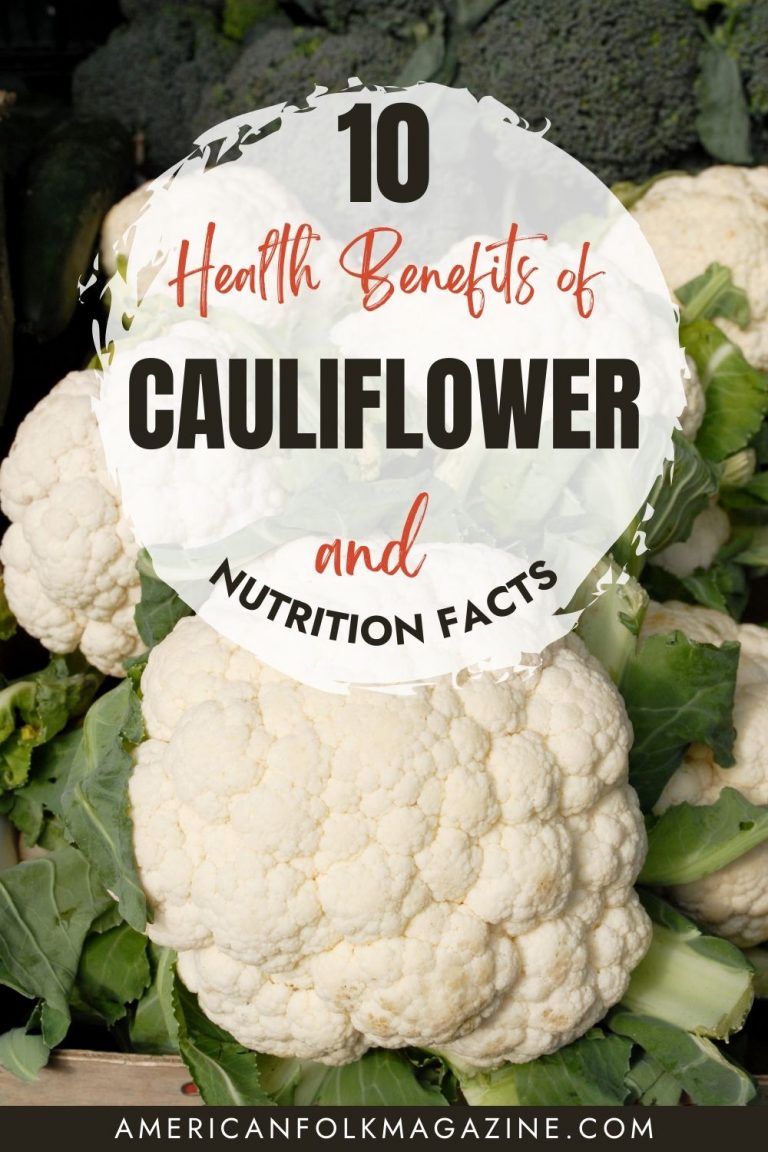Acai berries, pronounced ah-sigh-EE, are grape-like fruits native to the rainforests of South America. Harvested from acai palm trees, these berries are about 1 to 2 centimeters in diameter and boast a deep purple hue.
The taste of acai berries is often described as a blend of chocolate and berries, with a slight metallic aftertaste. They have been hailed as a superfood due to their rich nutritional profile and potential health benefits.
In this article, we will explore the nutritional facts of acai berries and delve into the myriad of health benefits they offer.
Acai Berry Nutrition Facts
Before we dive into the specifics, let’s take a look at the general nutritional profile of acai berries. According to the United States Department of Agriculture (USDA), one 3-gram teaspoon of acai berry powder contains:
| Nutrient | Amount |
|---|---|
| Calories | 20 kcal |
| Protein | 0 g |
| Fat | 1.5 g |
| Carbohydrates | 1 g |
| Dietary Fiber | 1 g |
| Calcium | 6 milligrams |
Detailed Breakdown of the Nutritional Content of Acai Berries
- Vitamins and Minerals: Acai berries are rich in calcium, a mineral essential for bone health. They also contain other vitamins and minerals in smaller amounts.
- Fiber: Acai berries are a good source of dietary fiber, which is important for maintaining a healthy digestive system and can help control blood sugar levels.
- Antioxidants: Acai berries are packed with antioxidants, particularly anthocyanins and proanthocyanidins. These compounds help fight oxidative stress and inflammation, reducing the risk of chronic diseases like heart disease and cancer.
- Healthy Fats: Despite their small size, acai berries are rich in healthy fats, especially oleic, palmitic, and linoleic acids. These fats are essential for overall health and play a crucial role in maintaining the health of our brain and heart.
- Amino Acids: While acai berries contain very little total protein, they do contain 19 amino acids, which are the building blocks of protein.
Health Benefits of Acai Berries
Acai berries are more than just a tasty fruit. They offer a wealth of health benefits due to their rich nutritional profile. Here are some of the key health benefits of including acai berries in your diet:
- Cognitive Function Improvement: The antioxidants in acai berries can protect the brain from damage and inflammation, promoting brain health. Some research suggests that acai could improve memory and learning by removing damaging oxidants in brain cells.
- Heart Health Benefits: Acai berries are rich in anthocyanins, a type of antioxidant that supports balanced cholesterol levels. They are also high in plant sterols that provide cardio-protective benefits to our cells, preventing blood clots, improving overall blood circulation, and relaxing the blood vessels.
- Anti cancerous Properties: The antioxidant properties of acai berries may also play a role in the body’s cellular protection system, helping to keep cells strong against the invasion of free radicals, which can lead to cancer.
- Performance Enhancement in Athletes: Acai berries contain certain essential amino acids and minerals that can help improve muscle performance, energy production, endurance, and strength.
- Other Potential Benefits: Acai berries have been associated with several other health benefits, including improved skin health, anti-aging effects, improved digestion, and immune system boosting. However, more research is needed to confirm these benefits.
How to Incorporate Acai Berries into Your Diet
Acai berries are incredibly versatile and can be incorporated into your diet in many ways. Here are a few suggestions:
- Acai Bowls: This is perhaps the most popular way to enjoy acai berries. Blend frozen acai berries with a liquid (like almond milk or coconut water), then top with your favorite fruits, nuts, or seeds.
- Smoothies: Add acai berry powder or frozen acai berries to your smoothies for a nutrient boost.
- Juices: Acai berry juice is a refreshing and nutritious drink. Just be sure to choose 100% acai juice with no added sugars.
- Supplements: Acai berry supplements are available in health food stores and online. They can be a convenient way to enjoy the benefits of acai, especially if the fresh fruit or juice is hard to find.
- Desserts: Acai berry puree can be used in desserts like sorbets or mousses for a unique and healthy twist.
Remember, the most health benefits come from consuming the whole fruit, as it contains the fiber and other nutrients that can be lost in juices or supplements.
Potential Risks and Considerations
While acai berries are generally safe for most people, there are a few things to keep in mind:
- Allergies: Some people may be allergic to acai berries. If you experience symptoms like itching, swelling, or difficulty breathing after eating acai, seek medical attention.
- Interactions with MRI Tests: Some research suggests that consuming acai berries before an MRI scan can affect the results. If you have an MRI scheduled, it’s best to avoid acai in the days leading up to your test.
- Weight Loss Claims: While acai berries are a healthy food with many benefits, they are not a magic bullet for weight loss. Any claims that acai berries alone can help with weight loss are not backed by scientific evidence.
Conclusion
Acai berries are a nutrient-dense fruit with a host of potential health benefits, from improving heart health to boosting cognitive function. Incorporating acai berries into your diet can be a delicious way to boost your intake of important nutrients. So, whether you enjoy them in a smoothie, an acai bowl, or as a supplement, you can feel good about including this superfood in your diet.
References
- Acai Berries and Acai Berry Juice – What Are the Health Benefits?
- What are the health benefits of acai berries?
Pin It In Your Board











